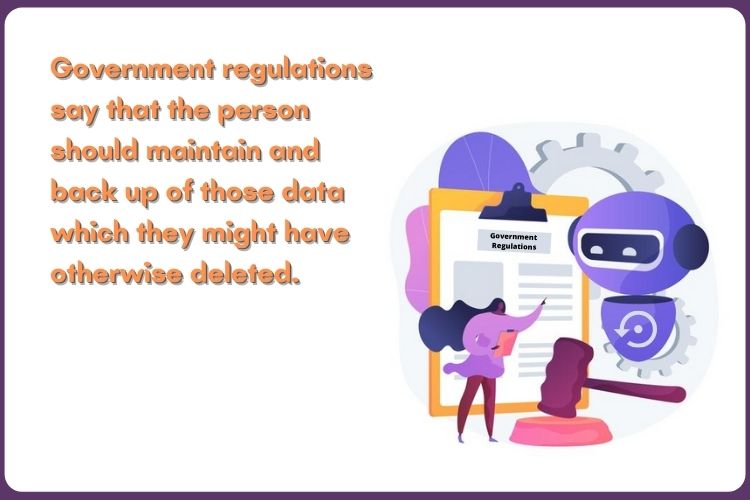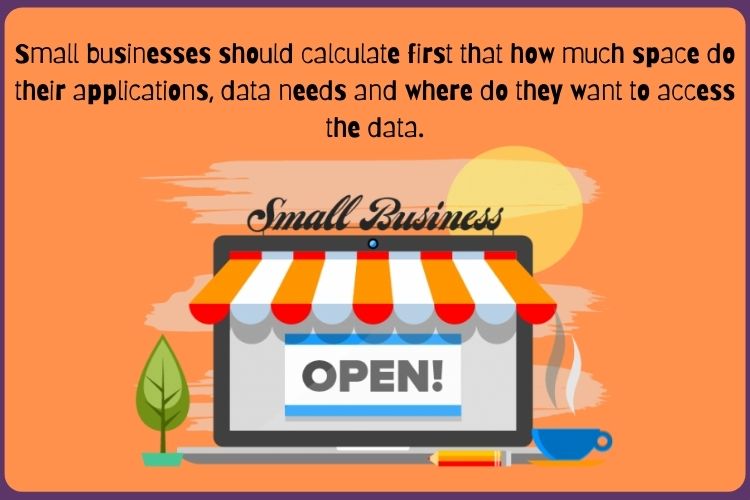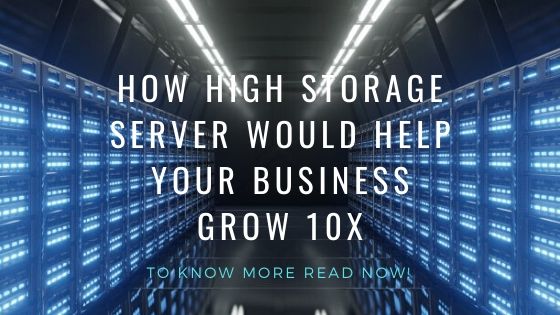Table of Contents
If you are starting or planning to start a business, sooner or later, you will need more space for data storage. You will get information in the form of e-mails, documents, presentations, graphics, databases, audio files, and spreadsheets which are the lifelines of most companies. The application which manages your system requires a high storage server.

Trends that are fueling our hunger for more storage
1.
Government regulations say that the person should maintain and back up the data which they might have otherwise deleted.
2.
Small businesses archive older messages dated back five or more years for legal purposes.
3.
Due to the increasing amount and technology of viruses, we need a more attentive backup which will take more storage.
4.
Whenever there is a new software update, it is lengthier than the previous one and takes more storage.
5.
The growing need for storing large media files like videos day by day and making them available for the users on a network is demanding more elegant or refined storage solutions.
How to know your storage needs?
Storing information and managing its storage is very hectic and critical for the company. More often, the best solution is a combination of different storage options.
Small businesses should calculate first how much space their applications, and data need where they want to access the data. You can sort out some questions to know your storage needs:-
Which application needs a large amount of storage?
- Servers of different applications.
- Age of the data.
- Find out duplicate files and remove them.
- Remove unwanted files not related to business.

How quickly do you need to get access to those data?
- And what is the location from where you need to access those data?
- Once you sort out all the preferences for these points, you will be able to decide about your storage needs.
What are the storage options available?
1. Flash memory thumb drives
These devices are more compatible with mobile professionals as they consume little power, are small enough to handle easily, and don’t have moving parts. You can either connect to a laptop’s USB port or work anywhere. Some drives also provide encryption to protect your data in case the drive gets stolen. Some of them also let you store your bookmarks, outlook data, and even some desktop application; so that you can work from a borrowed laptop too.
2. External hard drives
It is a simple and inexpensive way to add more storage to your computer. But it has many disadvantages too like you’ll have to carry a hard drive with you or copy all the data to a thumb drive or something else when taking it somewhere.
3. Online storage
Services providing storage online give fascinating benefits. You can protect all your data by backing up to a secure remote server and can easily share these files with clients with password-protected access to your data. Also, you can log into your account from anywhere.
4. Network-attached storage
Network-attached storage (NAS) provides fast, simple, reliable access to data in an IP networking environment. NAS is appropriate for small and mid-sized businesses needing large amounts of cost-effective storage that numerous users can share over a network.

Conclusion
These are some of the benefits of having large storage for your business. Choose properly and bloom your business to a whole new extent. To buy a high storage server would help your business grow 10x server visit Serverstack.
Frequently Asked Questions
Q1. What is a storage server called?
A storage server is a server that maintains, secures, stores, and accesses digital information. It is a purpose built server used for storing and accessing small to large amounts of data across a shared network or the Internet. A storage server is often referred to as a file server.
Q2. What is the purpose of a storage server?
Storage servers are used to store data and applications in an organization. They serve as repositories for storing data and software. The storage servers may be in situ or ex-situ, that is, they may be kept physically on the organization’s network premises or digitally on a cloud network.
Q3. What are the benefits of having a server for small business?
You can keep all of your company’s data on a server and manage it more effectively. It is easier for employees to search, access, and share information and schedules. A server can accommodate a mobile workforce.







